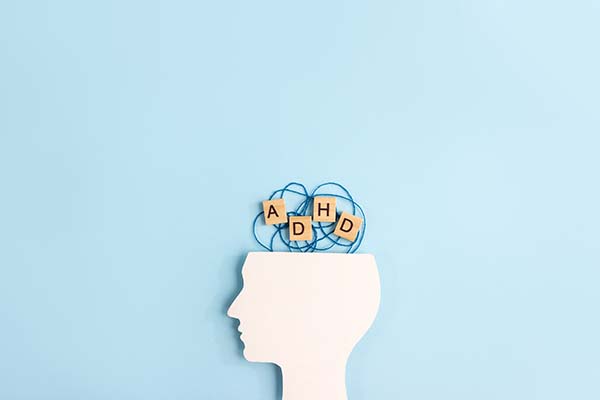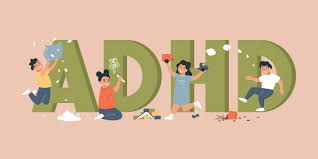ADHD Strengths That Might be Driving you Crazy as a Parent


ADHD is a neurodevelopmental difference – meaning, ADHD brains are developing differently. (Click here for a more in-depth explanation of these brain development differences). And these differences result in behavioral and emotional patterns that can be important and unique strengths for individuals with ADHD. However, these strengths can also cause disruption in the household and sometimes look like oppositional or disrespectful behavior. But as we understand these strengths better, we can develop conscious parenting strategies to support these patterns, help our ADHD kids thrive, and have a calm household.
Problem Solving Styles
Your child’s way of solving problems might not match up with yours. One of the most notable strengths of kids, teens and adults with ADHD is their valuable strength in problem solving. They are often attending to different information or seeing the problem through a different lens, and thus go about solving problems in unique ways. This is one of the reasons you often see individuals with ADHD are so successful in less traditional career and work choices. However, in your household, when problems arise, the approach your child takes might make no sense to you and even cause you major frustration. In fact, you might feel like they aren’t listening to you or don’t want to solve the problem, when their brain can’t make sense of what seems to logical and linear to you. Taking a moment to help them verbalize what they actually identify as the problem (it might be different from what you identify!), what they see is contributing to the problem, and how they would like to solve it, is a collaborative cascade that helps support and hone this unique strength.
Your Child Might Literally Perceive Time Differently!
We all know that the experience of time is relative, but did you know this effect is amplified for your ADHD kid or teen? Isn’t this incredible! This is such an asset when they find something they are super interested in, as they can spend a ton of time digging in and digging deep. But it also means that for difficult or undesirable tasks, time inches by at a painful and glacial pace. In your household this might mean these uninteresting or undesirable tasks are met with intense emotions, difficult behaviors or total disengagement. Starting with acknowledging this phenomena with empathy goes a long way to help get through challenging tasks. “Oh man, I know these 30 minutes of homework feel like 5 hours to you, that’s so hard.” Then, working to clearly and concretely delineate the time interval, for instance, by using visual timers, helps to reduce the frustration.
Risk-taking Tolerance
Did you know that kids with ADHD don’t process punishment or negative outcomes the same as their neurotypical peers? Individuals with ADHD are more likely to see negative outcomes as unrelated to their choices or actions, resulting in a tenacity and tolerance for risk-taking. While this might mean your kiddo is destined for big things, as a parent it may also drive you mad. In your household, that may mean that when you try to ‘teach your child a lesson’ through punishment, they don’t connect their choice or actions with the negative outcome, leading them to repeat the offense again and again. You might feel like they are ignoring you – but it’s actually because their brain is processing the outcome or punishment differently. ADHD brains are great at paying attention to and remembering the positive pay off, or reward. Admittedly, it takes a lot of practice and self-regulation on our part as parents, but turning to the positive replacement behaviors and rewarding these helps grow that choice-outcome connection much more effectively than punishment.
Emotional Intensity
For many individuals with ADHD, the difference in wiring (connectivity within the brain) and communication (neurotransmitters) in their brain also results in intense emotional experiences. This might be one reason individuals with ADHD tend to be very passionate and creative. And as any parent of an ADHD kiddo or teen will tell you, helping their child learn to regulate, effectively express and use these intense emotions takes a lot of skill and perseverance. ADHD kids often need extra support to learn how to label their emotions, regulate and tolerate challenging emotions, and eventually use these intense emotional experiences to fuel creativity, productivity and deep, meaningful relationships.
If you would like help developing a plan to support your child or loved one’s strengths, please reach out!



Recent Comments